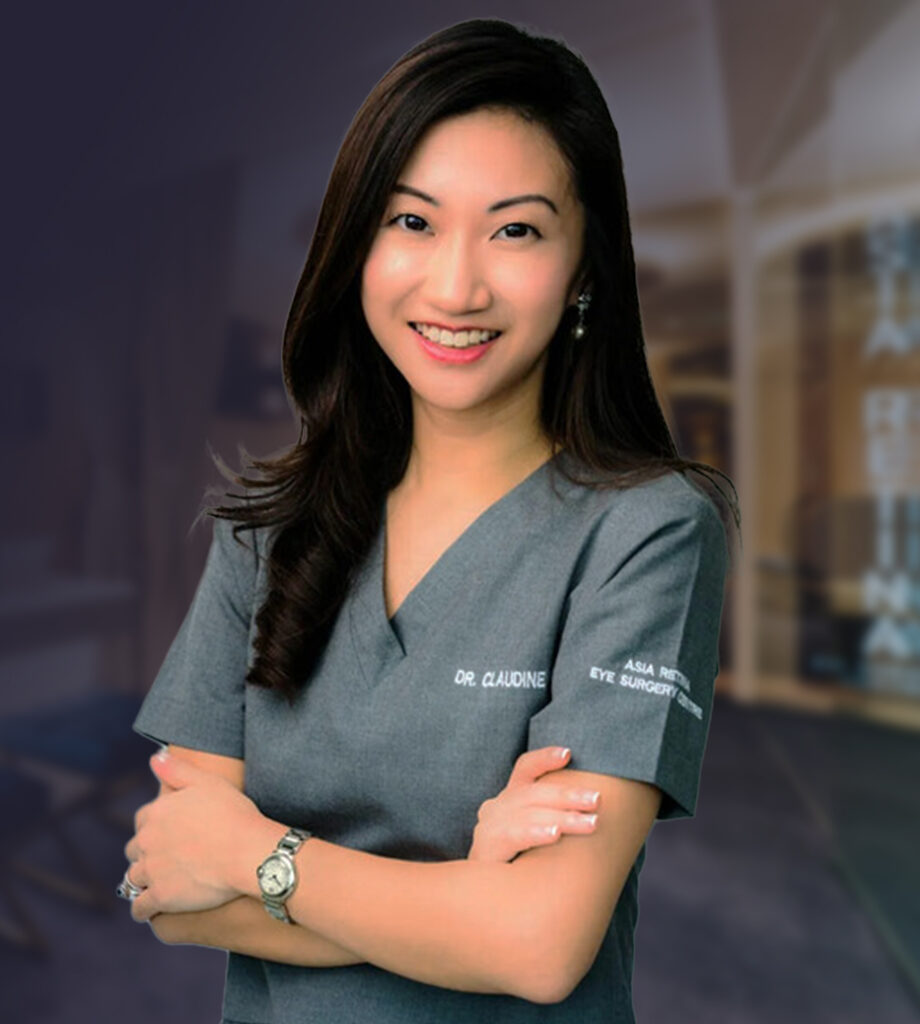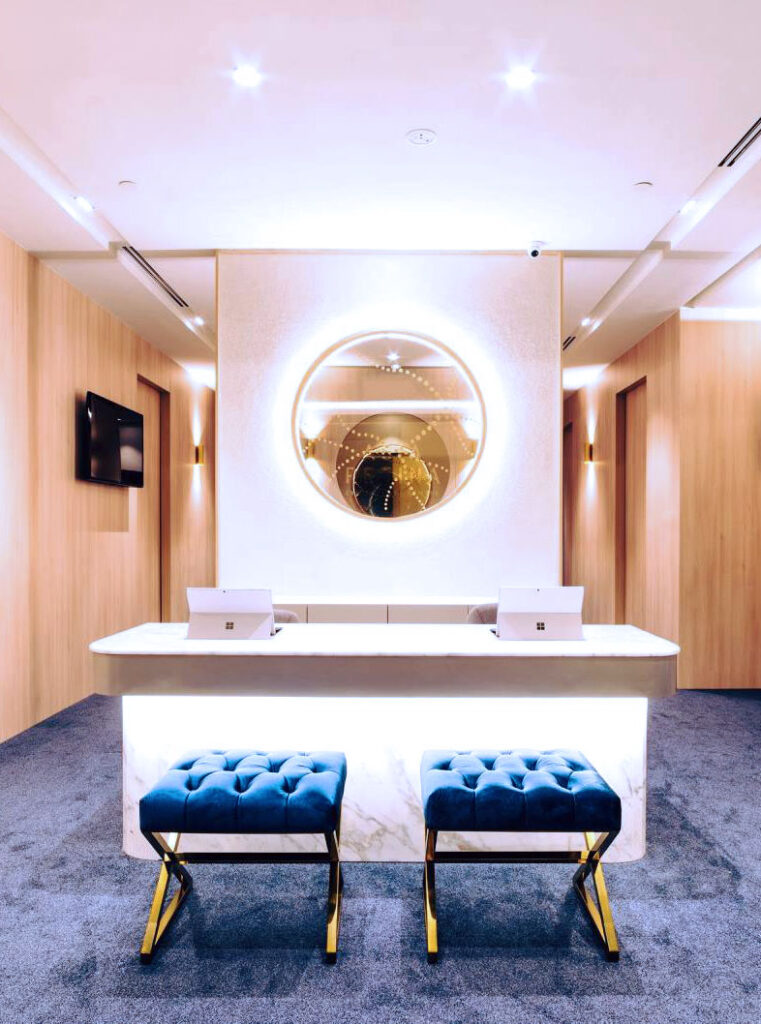










A cataract causes the lens of the human eye to become cloudy, impairing vision and complicating even basic tasks. It typically develops gradually and is often associated with factors that diminish eye health, such as ageing, although trauma and injury can also contribute to its onset.
Cataracts are a leading cause of blindness worldwide among individuals over the age of 40. This eye condition should be taken seriously and cannot be remedied with eye drops alone. If you experience any vision problems, it’s crucial to consult your doctor immediately to determine if cataracts are the cause.
The procedure involves the removal of cataracts and their replacement with an artificial lens implant, known as an intraocular lens (IOL). Asia Retina provides all types of IOLs, ensuring a broad selection to match your comfort, medical requirements, and lifestyle:
Monovision IOL, Multifocal IOL, Toric IOL (recommended for those with astigmatism)
Asia Retina employs the Phaco technique for cataract surgery, which uses ultrasound energy to remove the cataract through a small, 2mm incision.
We offer both Bladed and Femtosecond laser-assisted cataract surgeries, tailored to the patient’s specific medical conditions. Dr. Claudine Pang personally evaluates each case and provides recommendations based on what is most suitable. The operation typically lasts about 30 minutes, and we prefer to fully sedate our patients to ensure their utmost comfort.
Cataract removal is usually conducted as a day surgery, meaning no overnight stay is required. While the recovery is generally painless and smooth, it is crucial to follow aftercare instructions provided by your eye doctor.
Right after the procedure, you will need someone to drive you home from the hospital as driving is not advisable on the first day. It is also wise to take a few days off work. Although some patients feel ready to return to work immediately and resume normal activities, it is advisable to rest at home for a while before returning to your daily routine.
Consultant Ophthalmologist
MBBS, MRCS Edinburgh (UK), FRCS Edinburgh (UK), FAMS (Ophthalmology)
Dr. Claudine Pang is a Consultant Ophthalmologist with distinguished credentials, including MBBS, MRCS, and FRCS from Edinburgh, and a Fellowship from the Academy of Medicine, Singapore. After graduating with distinction from the National University of Singapore in 2004, she spent eight years at the Singapore National Eye Centre gaining post-graduate qualifications and specialist accreditation in Ophthalmology.
Dr Pang trained under esteemed mentors globally, including an 18-month fellowship at the Vitreous-Retina-Macula Consultants of New York and the first female recipient of the William H. Ross Surgical Vitreoretinal Fellowship at the University of British Columbia. She also worked at Moorfields Eye Hospital in London, focusing on Retinal Electrophysiology and Genetic Retinal Diseases.
Dr. Pang has spoken at numerous international forums and authored groundbreaking research in top ophthalmology journals. With over 20 years of experience, she has performed thousands of cataract and retinal surgeries. Her experience encompasses retinal detachment, macular surgery, and various retinal conditions.

Asia Retina Eye Surgery Centre was established to provide comprehensive ophthalmologist eye care services to our patients in Singapore, with an emphasis on retinal care.
We use modern techniques and instruments to help our patients improve their eye vision and health. Our mission is to spread awareness of the simple and proactive steps everyone can take to achieve eye wellness and prevent eye diseases in Singapore.
We are passionate about delivering quality eye care in Singapore focused on:
Fully customised and individualised ophthalmology eye treatments
Attentive and personalised ophthalmology eye care and medical advice
Innovative and technologically progressive ophthalmology eye care solutions
Get a comprehensive eye check at Asia Retina today and get an accurate diagnosis with professional medical advice on your condition.
Depending on whether you choose a private or public hospital, the cost will range from $1,300 to $4,000 per eye. Opting for a premium lens will incur additional charges, typically between $4,500 and $6,000.
These prices exclude hospital stay, eye surgeon’s fee, and if such is necessary, pre and post-surgery visits, etc. Hence, when you are calculating the amount, you have to take all these factors into account.
For Medisave, Singaporeans and Permanent Residents can expect to claim $2,450 off surgical costs using either their own Medisave or their immediate family member’s Medisave.
For insurance, depending on your policy and medishield riders, it is possible to claim up to the full amount of cost including pre-surgery and post-surgery visits.
Asia Retina will gladly guide you through the claims process.
Complications from cataract surgery are not very common and most cases are easily treatable. Some cataract surgery complications include:
Depending on the type of cataract surgery and the artificial lenses you receive, you are likely to experience improved vision, potentially better than it has been for some time. With technology advancement in intraocular lens implants, your vision could be fully corrected, allowing you to see fine print, distant objects, and in low light without the need for glasses or contact lenses.